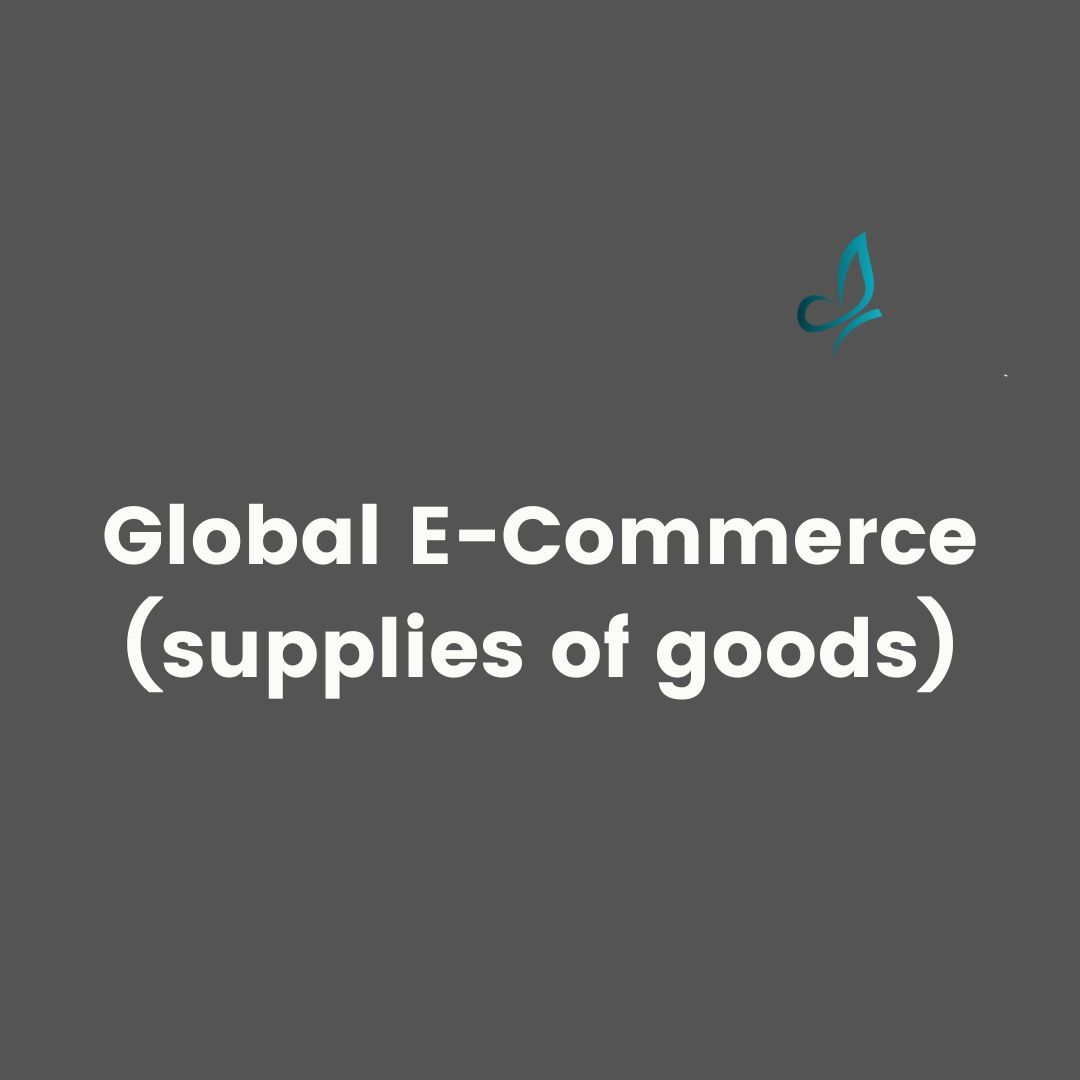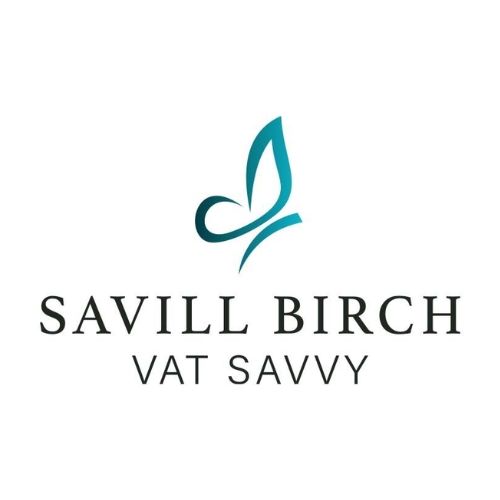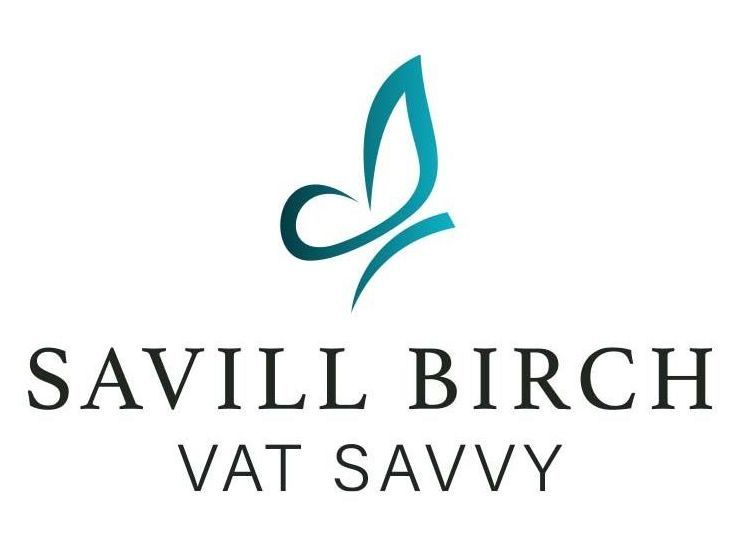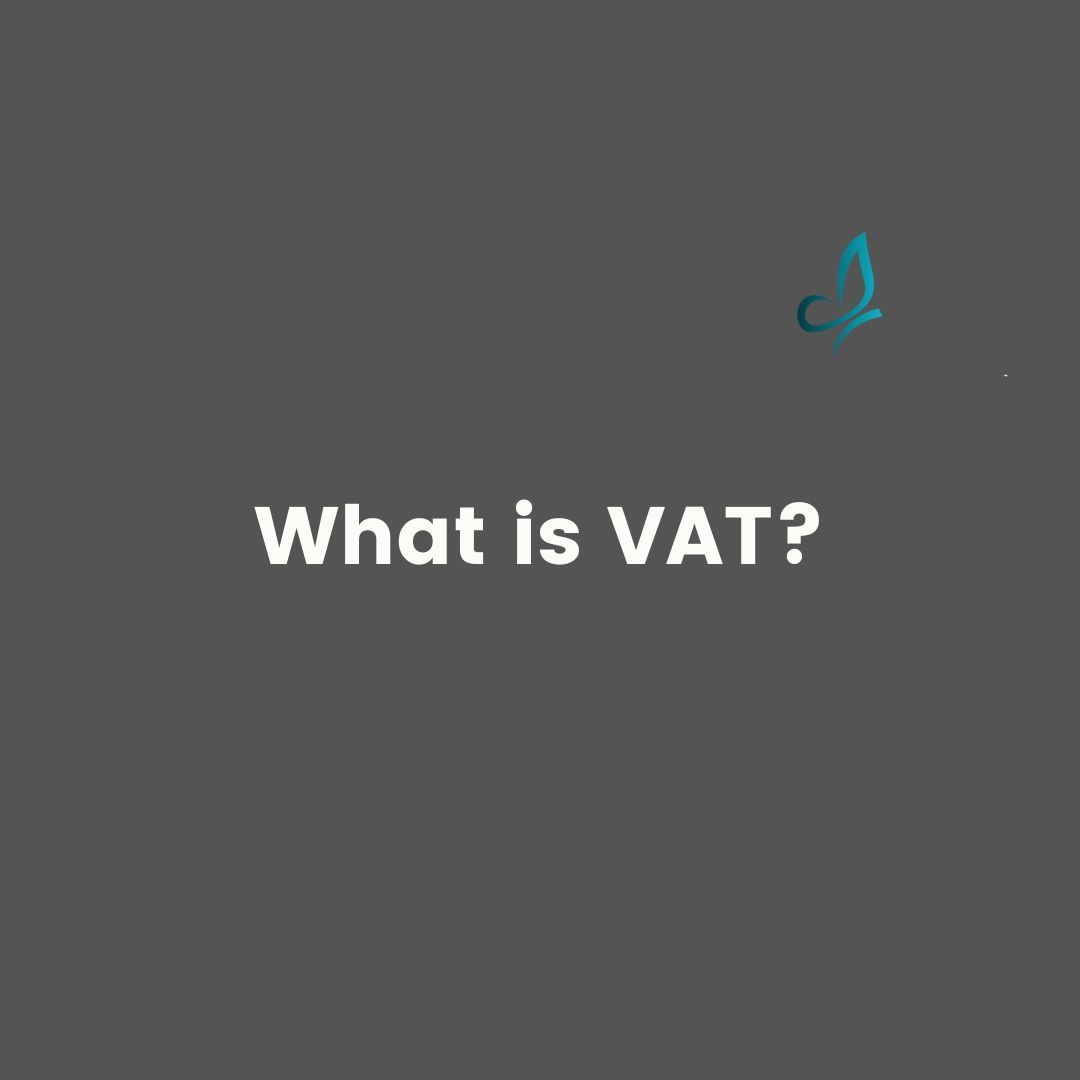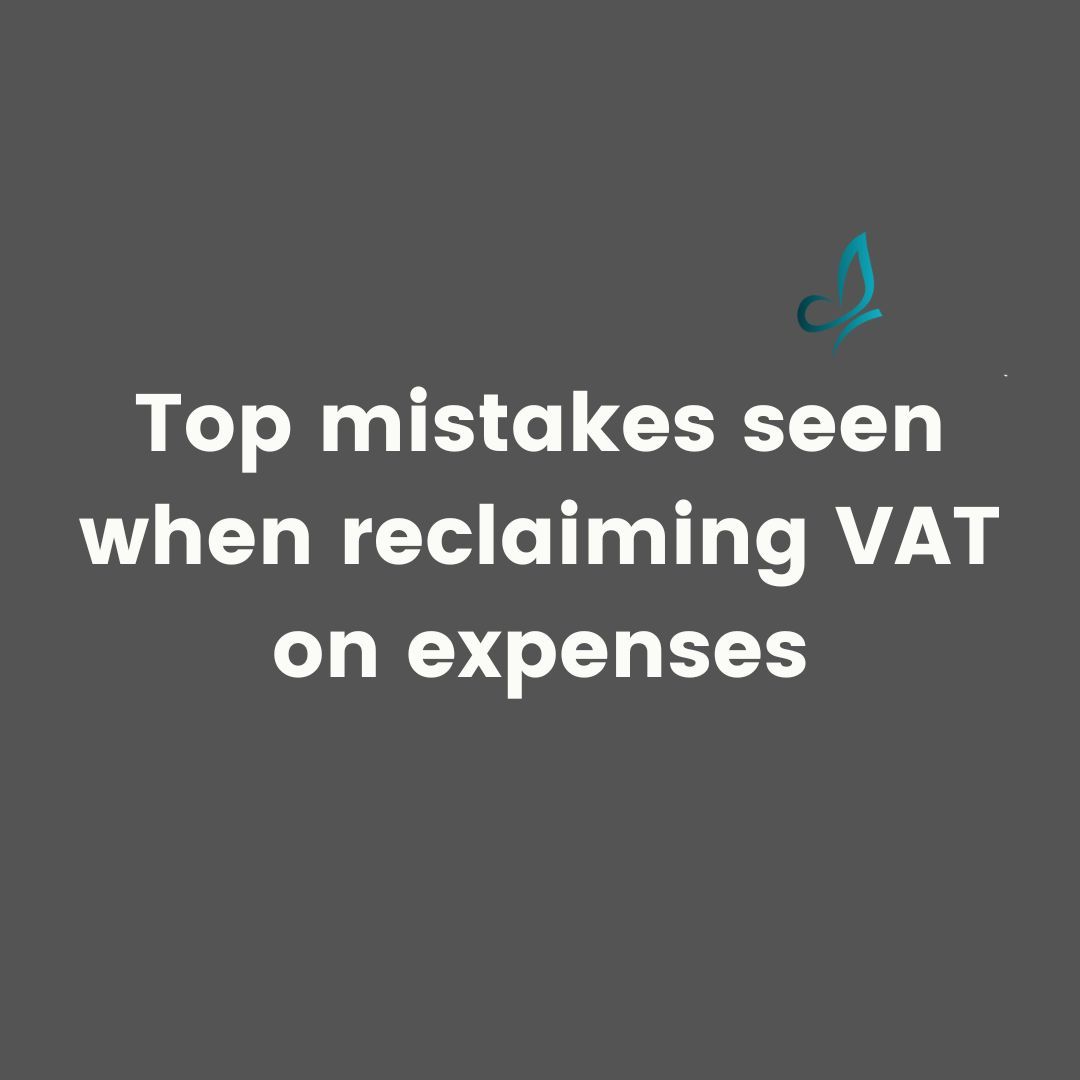Vat & Property a whistlestop tour
The rate of VAT chargeable on supplies of or in relation to property depends on the type of property (for example commercial, charitable or residential) and whether the property is being built, renovated, leased or sold. The information below covers the different supplies at a high level so please get in touch if you would like specific advice in relation to your transaction.
Property Development
The services relating to the construction of a residential property (whether that is a dwelling or a ‘relevant residential’ property such as student or care related housing) are zero-rated. The same applies for the costs related to constructing a property to be used for certain charitable purposes. The zero-rate also covers building materials installed as part of those services.
The conversion of certain properties to residential properties or the conversion to an existing residential property that changes the residential use (e.g. converts to a care home or changes the number of residential properties) can qualify for the reduced rate of VAT (5%). The same rate can apply if the residential property has been empty for over 2 years.
With both the zero-rate and reduced rate, there are certain conditions and restrictions, so it is important to do your research or take advice prior to embarking on a new project. The development of commercial property is always subject to VAT at the standard rate (currently 20%).
Sales and leasing
The first grant of a major interest in a residential (dwelling or relevant residential) or charitable property is zero-rated. This can be either a new build, a property converted from a commercial premises or a property that has been empty for over 10 years. The sale of any other residential property is typically exempt from VAT. The letting of residential property is exempt unless the property is a holiday let, which is subject to VAT at the standard rate.
The sale of commercial property is normally exempt from VAT unless it is new (less than 3 years old) or the property has been ‘opted to tax’ in which case it is subject to VAT at the standard rate. The letting of commercial property is exempt unless the property has been opted to tax.
Option to Tax
The option to tax only applies to commercial land and property and allows transactions relating to the property (e.g. selling or leasing) to be subject to VAT. Where a transaction is subject to VAT, it allows for the recovery of VAT on related costs. Exempt property transactions do not allow for this.
The option to tax can be disapplied in certain situations, for example buildings to be used for certain charitable purposes or buildings to be converted to dwellings. It can also be disapplied if it the arrangement falls within the anti-avoidance provisions. Please take advice if you are undertaking a property transaction with a connected party just in case you fall within these provisions.
Once made, an option to tax lasts 20 years so it is not a decision that should be taken lightly. Also, the option to tax cannot be backdated so the option to tax should be considered before entering property arrangements.
Transfer of a Business
If a property is sold that contains a tenant who will remain in the property after the sale, it may constitute the sale of a business. The sale of a business, if it qualifies as a transfer of a business as a going concern (‘TOGC’), is outside the scope of VAT and therefore, is not subject to VAT or considered exempt. A TOGC is not optional and there are certain conditions that must be met before this treatment is applied.
VAT Recovery
VAT incurred by a VAT registered business can normally be reclaimed if the business has sales that are subject to VAT (either at 0%, 5% or 20%). If a business has exempt income, it cannot reclaim VAT on costs that directly relate to that income and normally must restrict a proportion of overheads (this is called partial exemption). If your business is not able to reclaim all its VAT, it is advisable to seek advice to ensure you are being charged the correct rate of VAT by your suppliers.
Businesses that are required to restrict VAT due to undertaking partial exemption calculations must also review the position on an annual basis. This is to determine the use of costs within the business over a longer period (e.g. to consider seasonal variations of taxable and exempt activity). With certain property transactions (over £250,000 where the costs were subject to VAT) you need to look at the use of the costs over a 10-year period and potentially adjust the VAT initially claimed if the taxable activity of the business changes.
Domestic Reverse Charge
This was introduced in 2021 as a fraud prevention measure between business providing construction services. It only applies if the construction services are being provided to a business who will make an onward supply of those services (e.g. sub-contractor to contractor). If the service is qualifying, the sub-contractor will not charge VAT to the contractor and instead the contractor will charge the VAT itself (and reclaim it). This puts both businesses in the same position but reduces the risk of a sub-contractor charging VAT but not paying it to HMRC. As with all things VAT, there are certain conditions that apply!
Please get in touch if you need VAT support for your business, get in touch
VAT and Property – A WHISTLESTOP TOUR
